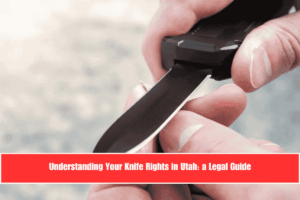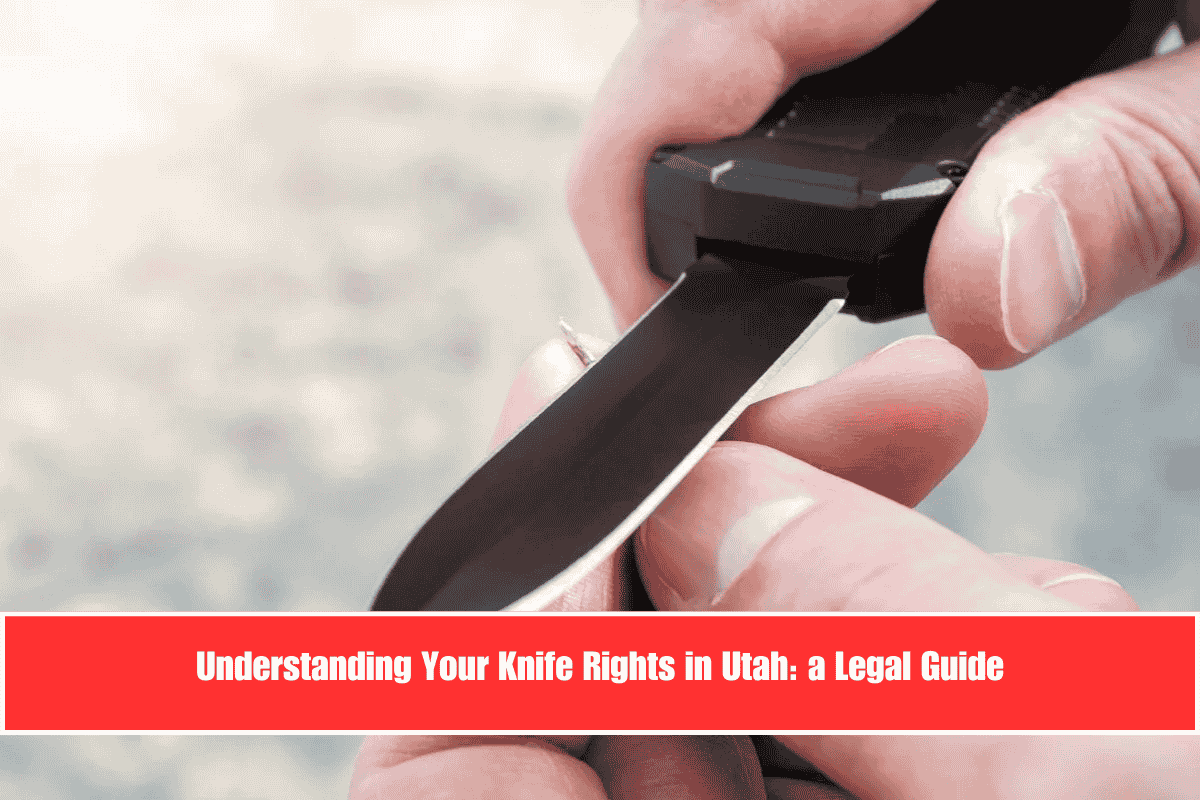In Oklahoma, police cannot search your phone during a traffic stop without a warrant or your consent. While they can seize your phone as part of an investigation, accessing its contents requires either a warrant or your permission. Here’s a detailed explanation of the legal framework surrounding phone searches during traffic stops in Oklahoma:
General Rule: Warrant Requirement
- Seizure vs. Search: Police can seize your phone during a traffic stop if they believe it contains evidence relevant to their investigation. However, they cannot search the phone’s contents without a warrant or your consent.
- Exceptions to the Warrant Requirement: There are exceptions to the warrant requirement, such as the automobile exception, but this does not apply to phones found in vehicles. The automobile exception allows police to search a vehicle without a warrant due to its mobility, but this does not extend to personal items like phones.
Your Rights During a Traffic Stop
- Right to Remain Silent: You have the right to remain silent during a traffic stop. You must provide your driver’s license, registration, and proof of insurance, but you do not have to answer additional questions.
- Right to Be Free from Unreasonable Searches: Police cannot search your vehicle or personal belongings without your consent, a warrant, or probable cause. This includes your phone.
- Right to Record the Encounter: In Oklahoma, you can record your interaction with police during a traffic stop as long as you do not interfere with their duties.
Consequences of Refusing Consent
If you refuse to give consent for a phone search, police must obtain a warrant to access your phone’s contents. Refusing consent does not automatically lead to legal consequences, but it may prolong the interaction with law enforcement as they seek a warrant.
Legal Precedents
- Riley v. California: The U.S. Supreme Court’s decision in Riley v. California (2014) established that cell phones are protected by the Fourth Amendment, requiring a warrant for their search. This ruling applies nationwide, including Oklahoma.
- Oklahoma Court Decisions: Oklahoma courts have also recognized the privacy rights associated with cell phones. For example, the Oklahoma Court of Appeals has noted that individuals have a reasonable expectation of privacy in their cell phone contents.
Oklahoma police cannot search your phone during a traffic stop without a warrant or your explicit consent. While they can seize your phone as evidence, accessing its contents requires legal authorization. Understanding your rights during traffic stops is crucial for ensuring that interactions with law enforcement remain lawful and respectful.
Recommendations for Protecting Your Rights
- Know Your Rights: Familiarize yourself with Oklahoma’s laws regarding searches and seizures to assert your rights effectively.
- Refuse Consent: If asked to consent to a phone search, you can refuse by stating, “I do not give consent to search my phone.”
- Seek Legal Advice: If your phone is seized or searched without a warrant, consult with a legal professional to understand your options and potential legal recourse.
SOURCES:-
[1] https://www.youtube.com/watch?v=xEbH4UEzCq4
[2] https://www.kanialaw.com/criminal-defense-lawyers/what-are-my-rights-when-im-pulled-over-by-the-police-in-oklahoma
[3] https://www.wirthlawoffice.com/tulsa-attorney-blog/2023/01/can-the-police-take-your-phone-without-a-warrant-in-oklahoma
[4] https://www.pawneecountysheriff.com/docs/Oklahoma%20Stop%20Arrest%20and%20Search%20of%20Persons%202022.pdf
[5] https://www.tulsacriminalattorney.pro/defense-lawyer-blog/2024/06/your-rights-during-a-police-stop-in-oklahoma-what-you-need-to-know/













